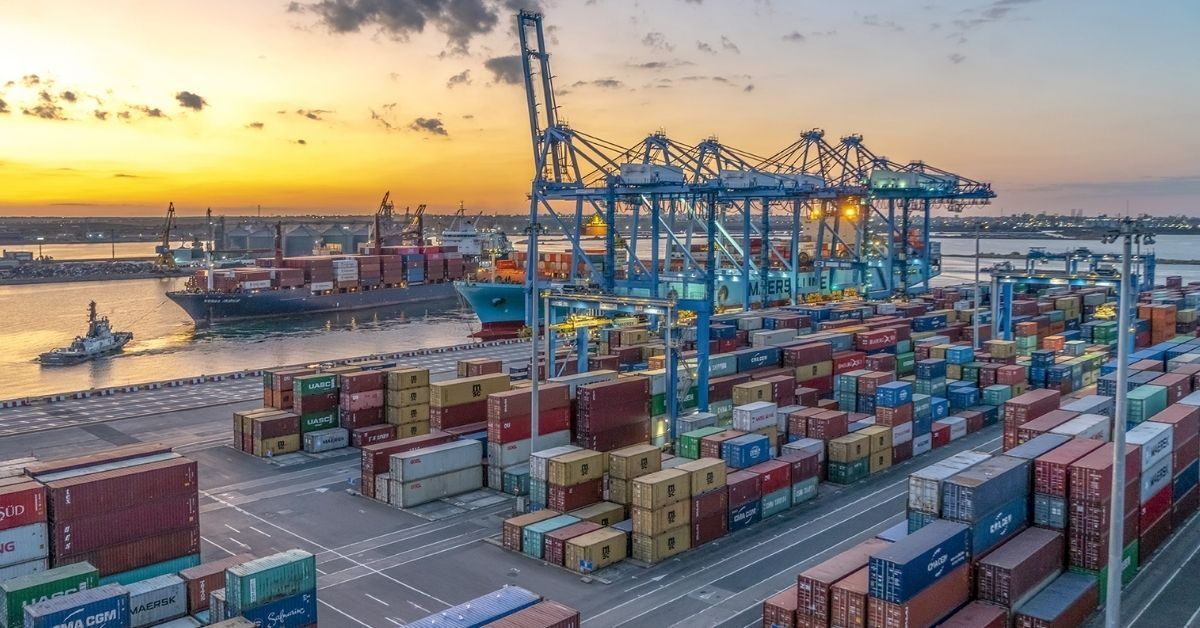The Xinhua-Baltic International Shipping Centre Development (ISCD) Index, in its latest survey, has ranked Dubai at fifth position internationally among top maritime hubs. Dubai leads the Middle East region. Singapore secured the top spot for the ninth consecutive year on the index, followed by London, Shanghai, Hong Kong and Dubai.
While Singapore scored 94.88 out of 100 points, London achieved 83.04 points. Shanghai gained 82.79 points followed by Hong Kong with 79.15 points. Dubai wrapped up the top five listing with 75.74 points.
Other cities included among the top ten maritime hubs are Rotterdam, Hamburg, New York/New Jersey, Athens/Piraeus and Ningbo-Zhoushan (China).
According to ISCD’s report, Dubai’s investments in infrastructure and the maritime sector have played a significant role in supporting the growth of emirate’s diversified mix of industries.
“It has a lot to shout about with its established ports including DP World-operated Jebel Ali and Mina Rashid, and purpose-built Dubai Maritime City – a 2.5 sq.km site developed in 2004 and situated between Mina Rashid and Dry-docks World. The latter also includes a free trade zone offering tax relief, and this, combined with a 2020 UAE decision to enable foreign ownership of certain maritime businesses, furthers its ambitions to position itself as an attractive option for international business and investment,” the report added.
The report also highlighted how Dubai offers multiple free zones with easier business regulations.
The UAE’s seaports are international and regional hubs and an essential factor in driving economic growth and facilitating economic diversification. The country’s sea transportation sector is developing steadily in terms of ports, operating ships, maintaining and constructing dry docks in accordance with the international standards on maritime safety and protection of the marine environment.
Overall, 61 per cent of cargo destined for GCC states arrives via the UAE’s seaports. The UAE has 12 commercial trading ports, other than oil ports. It contains 310 berths, with cargo tonnage of 80 million tonnes. Some of the major seaports in the UAE include Zayed Port in Abu Dhabi, Mina Rashid and Jebel Ali Port operated by DP world in Dubai, the KhorFakkan Container Terminal in Sharjah, Mina Saqr in Ras Al Khaimah, Fujairah Port. Khalifa port is a massive new Dhs26.5bn, 420 square kilometres port that will spring industrial development in Al Taweelah area in Abu Dhabi.
Abu Dhabi has also invested heavily to expand and further develop their Khalifa Port, which was established in 2012. The port connects to more than 40 ports worldwide, serves over 25 shipping lines and offers direct links to 70 international destinations. The port will also be the first in the UAE to be linked to the new Etihad Rail network, which is currently under construction. As for other key players in the marine transportation sector, Port Rashid and Dubai Creek are currently being reconstructed.







